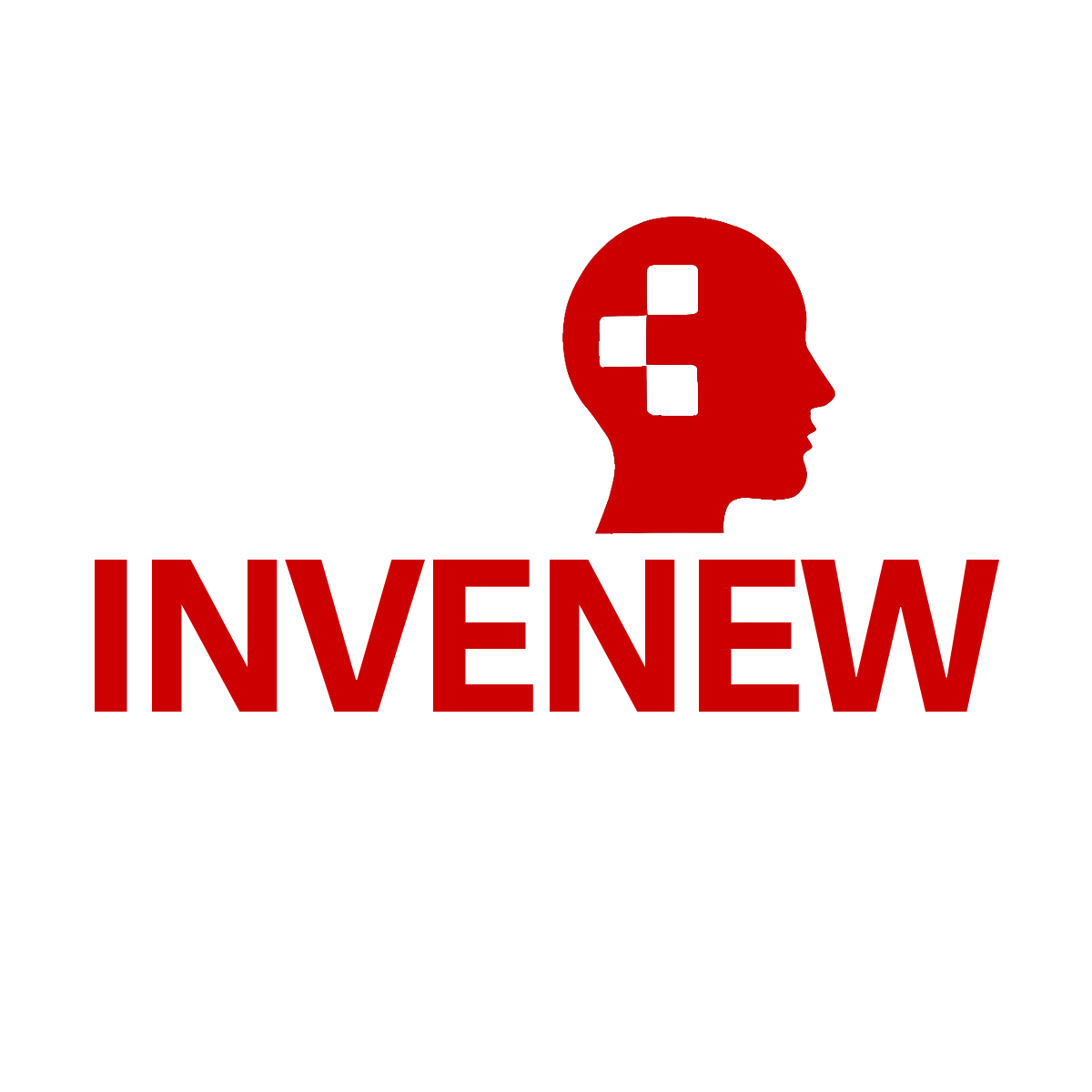Artificial Intelligence (AI) is undergoing a seismic shift with the emergence of Autonomous AI agents. These agents represent a pinnacle in the evolution of AI, transcending beyond human-assisted operations to a phase of self-sufficiency and proactive problem-solving. As we navigate through 2023, these agents are increasingly becoming a cornerstone in the landscape of technological innovation.
Autonomous Agents: Redefining Interaction with Technology: Unlike their predecessors reliant on human inputs, Autonomous AI agents can independently sense, interpret, and react to their environment. They symbolize a leap from human-operated systems to entities capable of autonomous decision-making. This paradigm shift heralds a future where AI agents play a pivotal role in shaping our interaction with technology.
The Present State: Capability and Application: Today, Autonomous AI agents are in a nascent but rapidly evolving stage. They already exhibit the capacity to perform simulations for a diverse array of products and services, fundamentally altering how companies approach problem-solving and innovation.
Limitations and Reliance on Human Input: Despite their advanced capabilities, contemporary AI applications, including large language models (LLMs), still necessitate human intervention for prompt generation and output monitoring. This dependency delineates the current limitations of AI agents and underscores the ongoing need for human oversight.
AutoGPT: A Case Study in Current Capability: A notable example of current autonomous AI technology is AutoGPT. Released in early 2023, it exemplifies the integration of AI agents with advanced language models like GPT-4 and GPT 3.5. AutoGPT stands out for its ability to interpret natural language goals, decompose them into tasks, and deploy new agents for task execution, showcasing a significant stride in autonomous operation.
Navigating Challenges: Reliability and Security: As these agents evolve, they grapple with challenges of reliability and vulnerability to malicious use and cyberattacks. These hurdles, while formidable, are not insurmountable, as evidenced by ongoing technological advancements and heightened security measures.
The Road to 2024: Developments and Predictions
Advancing Frameworks: Paving the Way for Integration: The journey to 2024 is marked by significant advancements in programming frameworks. These developments are crucial in enabling a seamless integration of enterprise applications with large language models (LLMs). This integration is not just about connectivity but also about automating complex tasks through a series of intelligent prompts generated by the agents themselves. Such advancements lay the groundwork for a more intricate and effective use of autonomous agents across various sectors.
From Concept to Implementation: A Transformative Shift: As we edge closer to 2024, the transition from theoretical models and prototypes to practical, enterprise-wide applications of autonomous agents is becoming increasingly evident. This shift signifies a major leap from experimenting with potential to realizing tangible benefits. Tech companies, cognizant of the immense potential of these agents, are channeling investments towards their development and deployment. The initial applications are likely to be in the realm of virtual assistants handling basic administrative tasks, but this is just the starting point.
Beyond Administration: The Horizon of Possibilities: The vision for 2024 extends far beyond mere administrative assistance. We anticipate witnessing autonomous agents undertaking more complex and sophisticated tasks. These may include comprehensive project planning and even intricate software development processes. Such capabilities will represent a monumental change in how businesses operate and strategize, marking a new era of AI-driven efficiency and innovation.
Sector-wide Impacts and Advancements: The implications of autonomous agents are vast and varied, touching multiple sectors. From healthcare to transportation, education to e-commerce, each industry is poised to experience a transformation driven by AI. Predictive analytics in healthcare, AI-driven cars in transportation, personalized learning experiences in education, and enhanced online shopping experiences in e-commerce are just a few examples of the widespread impact expected by 2024.
Implementing Autonomous AI Agents in Enterprises
Redefining Workflow Automation: Autonomous agents are set to redefine workflow automation. By integrating with digital tools, these agents can directly communicate with and instruct enterprise systems, revolutionizing how tasks and processes are managed. This capability extends beyond the conventional robotic process automation (RPA), which is often limited by pre-set rules and scenarios. Autonomous agents, in contrast, offer a more adaptive and universally applicable form of automation, capable of handling a broader range of tasks and scenarios.
Practical Applications: Enhancing Efficiency and Innovation: In the corporate world, the potential of autonomous agents to automate entire sets of tasks is particularly notable. They offer the possibility to significantly reduce the need for human intervention in various workflows. Moreover, they can facilitate large-scale testing of products, services, and scenarios, thereby accelerating innovation and efficiency. These capabilities are not just theoretical but are rapidly becoming a tangible reality in the business landscape.
Potential Hurdles and Ethical Considerations
Addressing the Challenges: As we approach 2024, it is essential to acknowledge and address the challenges that accompany the advancement of Autonomous AI agents. Key among these are concerns about reliability, the potential for malicious use, and the increased risks associated with cyberattacks. While these challenges are significant, they are being actively addressed through ongoing technological developments and enhanced security protocols. The path to mainstream acceptance and implementation of these agents involves navigating and overcoming these hurdles.
Ethical Implications and Regulations: Beyond the technical challenges, the rise of Autonomous AI agents brings forth profound ethical considerations. Issues surrounding privacy, bias, and job displacement are at the forefront of discussions. As these agents become more embedded in our lives and businesses, the conversation around their ethical use gains urgency. By 2024, we can expect increased regulatory attention and potentially new frameworks to ensure that the deployment of these agents is aligned with societal values and norms.
Conclusion: Preparing for the Autonomous AI Future
Embracing the Revolution: The emergence of Autonomous AI agents represents a technological revolution that holds the potential to transform industries and redefine our interaction with digital systems. As we move towards 2024, it is imperative for companies and individuals alike to prepare for this new era. This preparation involves not only embracing the technological advancements but also understanding and addressing the associated challenges and ethical implications.
A Transformative Impact: Autonomous AI agents promise a future of enhanced efficiency, creativity, and innovation across various sectors. They have the potential to fundamentally alter how businesses operate, streamline workflows, and open up new possibilities for problem-solving and product development. This transformative impact extends beyond the corporate world, influencing every aspect of our lives, from healthcare to education, from transportation to cybersecurity.
A Call to Action: As we stand at the brink of this AI-driven future, it is crucial for stakeholders across all sectors to actively engage with and contribute to the development of Autonomous AI agents. This engagement includes investing in research and development, fostering collaborations, and actively participating in ethical and regulatory discussions. The journey towards 2024 and beyond is not just about technological advancement but also about shaping a future that aligns with our collective aspirations and values.
The Future of Work and Autonomous AI
Revolutionizing Job Roles and Responsibilities: As we envision 2024, the influence of Autonomous AI agents on the workforce is a critical aspect to consider. These agents are poised to revolutionize job roles and responsibilities, automating routine tasks and enabling human workers to focus on more complex and creative endeavors. This shift presents both opportunities and challenges, as it necessitates a rethinking of current job structures and the development of new skill sets among the workforce.
The Need for Upskilling and Adaptation: The advent of Autonomous AI agents necessitates a significant upskilling of the workforce. As mundane tasks are automated, there is an increasing demand for skills in AI management, programming, and ethical decision-making. The transition to a more AI-integrated work environment calls for proactive measures in education and training, ensuring that the workforce is equipped to thrive in this new landscape.
The Global Economic Impact
Boosting Efficiency and Innovation: The deployment of Autonomous AI agents is expected to have a substantial impact on the global economy. By automating tasks and optimizing workflows, these agents can significantly boost efficiency and foster innovation across various sectors. This, in turn, can lead to increased productivity, reduced costs, and enhanced competitiveness on a global scale.
Potential for Economic Disruption: While the economic benefits are considerable, there is also potential for disruption. As certain tasks become automated, there may be shifts in labor demand and job markets. This requires careful consideration and planning to ensure that the economic benefits of Autonomous AI agents are realized in a manner that is inclusive and sustainable.
Shaping a Future with Autonomous AI: As we look beyond 2024, it is crucial to continue shaping a future where Autonomous AI agents are used responsibly and ethically. This involves ongoing research, development, and dialogue to ensure that these agents serve the greater good and contribute positively to society.
____
References:
- Boston Consulting Group. (2023). GPT Was Only the Beginning—Autonomous Agents Are Coming. https://www.bcg.com/
- Reuters. (2023). Insight: Race towards ‘autonomous’ AI agents grips Silicon Valley. https://www.reuters.com/technology/race-towards-autonomous-ai-agents-grips-silicon-valley-2023-04-15/
- Harvard Business Review. (2023). How Companies Can Build Trustworthy AI Assistants. https://hbr.org/2023/11/how-companies-can-build-trustworthy-ai-assistants
- Techopedia. (2023). Top 5 Autonomous AI Agents You Need to Know About in 2023. https://www.techopedia.com/
- Prnewswire. (2023). Autonomous AI and Autonomous Agents Market projected to. https://www.prnewswire.com
- BDO. (2023). BDO’s Tech Predictions for 2024. https://www.bdo.com
- TechBullion. (2023). The Future of AI: Predictions and Trends for 2024. https://techbullion.com



